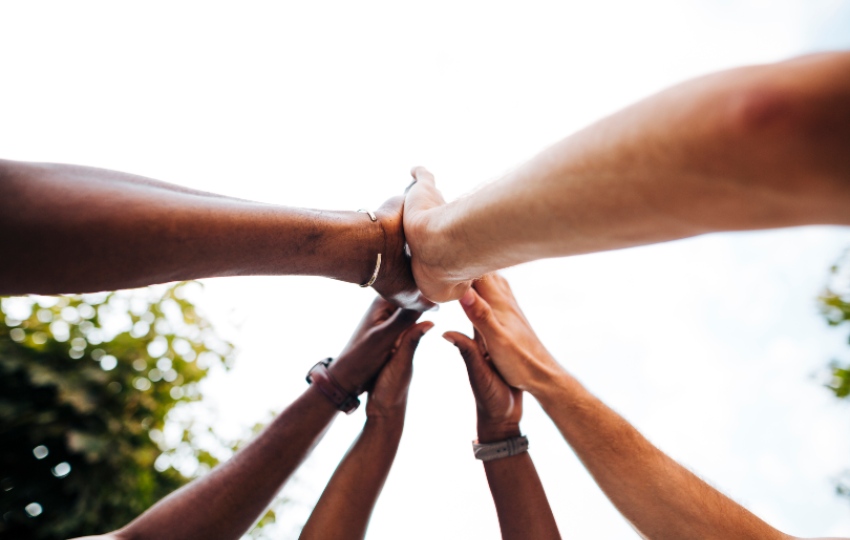The background of TOGETHER project
It is a crucial time for Europe to promote further cultural understanding and intercultural dialogue. The 21st century saw the reignition of migration waves from third countries outside of Europe. However, these new migrants do not just speak a different language. Most importantly, they bring with them different cultures or even different religions. Subsequently, many Europeans may not be as susceptible to this cultural understanding as others. Subsequently, many migrants or refugees find it hard to integrate into their new destination.
The European area has a rich history of cultural heritage and intercultural dialogue. This history, of course, was not always peaceful, as Europe has been devastated by many wars in its territory. However, if multiethnic Europe, with its long history of internal conflict, has managed to be at peace, why couldn’t this also be the case for these new migrants? In the case this happens, a broader cultural understanding in Europe will have a significant economic and social development boost, and it will enable Europe to face common challenges in social cohesion and sustainability.
The project
The “TOGETHER –TOwards a cultural understandinG of thE Other” is a two-year Erasmus+ funded project. It derives from the need to create the bonds, establish the appropriate awareness, and promotes the common values vis-a-vis the intercultural understanding between the EU and the neighbouring countries. It mainly seeks to empower all sectors in society through building bridges between people, reinforcing mutual understanding, and boosting economic and social development to enable Europe and its neighbours face the common challenges, and achieve social cohesion and sustainability.
The kick-off meeting of “TOGETHER” project took place in October 1st 2020 virtually and discussed the following:
- The development of a Comparative Analysis Report
- The design of an Ambassador’s Curriculum
- The Dissemination and Sustainability Plan for the project
The multicultural composition of the consortium indicates the laser focus on intercultural dialogue. For the implementation of this project, the participating organizations come from a wide array of countries and cultures. In particular, the participating organizations come from Greece, Cyprus, Italy, Georgia and Lebanon.

